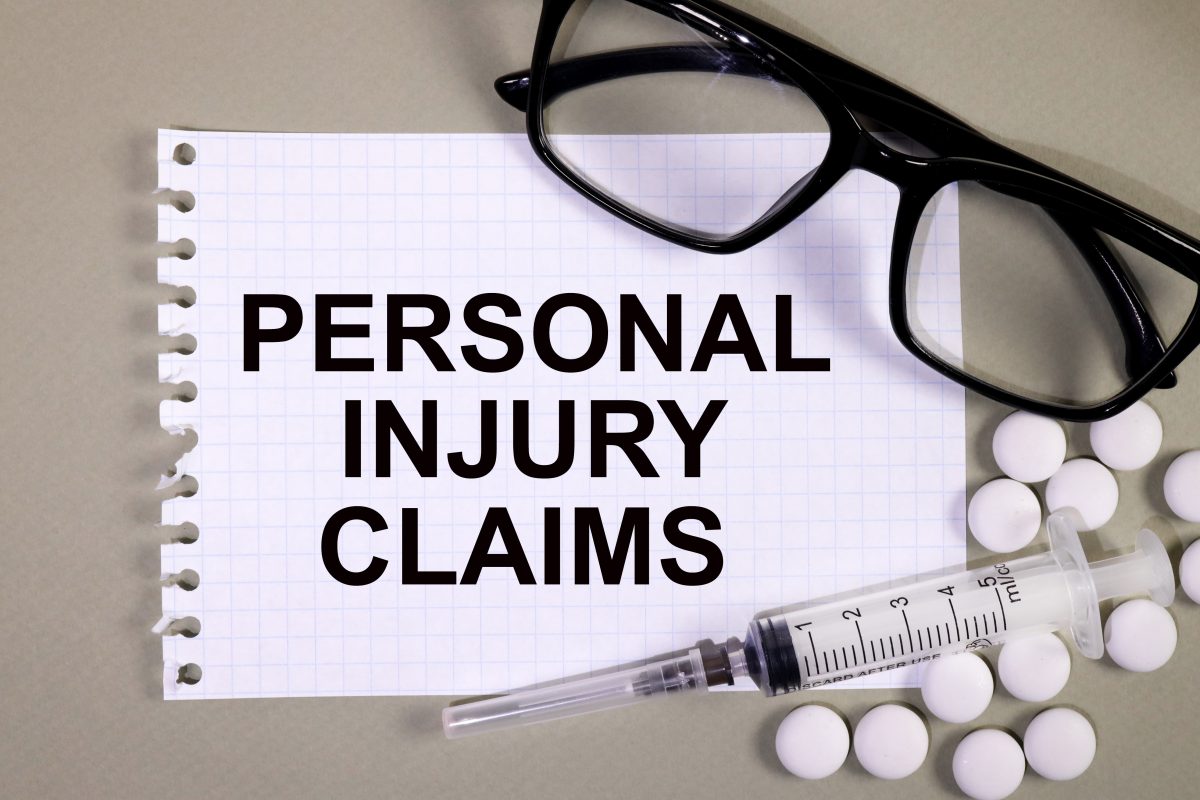Typically, vaccines are available to protect people from diseases and save lives. However, like any medicine, vaccines may cause some side effects, ranging from mild to severe adverse reactions. The vaccines may also result in serious health problems in rare situations, including a severe allergic reaction. When this happens, you may end up dealing medical bills, lost wages and capacity to earn, pain and suffering, and other significant losses.
Luckily, some ways can help you handle this kind of situation. If you sustained a vaccine-related injury, you might be entitled to file a claim with the National Vaccine Injury Compensation Program or VICP to seek financial compensation for your losses. Created in the 1980s, VICP refers to a legal system designed to resolve vaccine injury claims while ensuring the continued use of vaccines in the medical and healthcare industry.
Below are the five things you need to know about a vaccine injury claim:
- Covered Vaccines
One of the things you need to familiarize is the vaccines covered by a vaccine injury claim. Generally, the VICP provides compensation to people who suffered injuries after getting vaccinated by most vaccines. However, not all of them are covered by the said program.
The following are some of the vaccines covered by a vaccine injury claim:
- Flu
- Hepatitis A
- Diphtheria or Tetanus
- Hepatitis B
- Measles
- Meningococcal
- Polio
- Varicella
As you can see, there are many covered vaccines to keep in mind when initiating a claim. But, it’s also essential to remember that the list can change over time, which is why checking the VICP website for up-to-date information is a must.
On the other hand, if you believe one of these vaccines caused a severe injury like Guillain-Barre Syndrome (GBS), then you may have to seek legal assistance to ensure you get a favorable outcome. To better understand how a lawyer can help you when you have GBS or other injuries, you can check out reliable resource websites like https://www.vaccineinjuryhelpcenter.com/guillain-barre-syndrome-gbs/ for more information.
- Eligibility Requirements
It’s important to note that there are specific eligibility requirements to comply with when pursuing a vaccine injury claim. To file a successful claim and increase your chances of getting compensation, you need to meet the following requirements:
- You received a covered vaccine and believed you were injured as a result thereof. Your parents, legal guardians, and legal representatives could file the claim on your behalf if you were disabled.
- The symptoms should have lasted at least six months after receiving the vaccination.
- You should file the claim within the time limits required by law. Vaccine-related cases should be filed within three years after the symptoms arise.

- Step-By-Step Claims Process
Another thing you need to learn about a vaccine injury claim is the step-by-step claims process involved. If you want to improve the odds of getting vaccine injury compensation, you must know what to expect from the process.
The steps for filing a claim can include:
- You file a petition with the U.S. Court of Federal Claims. The petition should include information, such as who was injured by the vaccine, what vaccine caused the injury, when it was administered, the type of injury, when the symptoms occurred and when the effects have lasted.
- After filing, medical staff from the U.S. Department of Health and Human Services will review the petition to determine if it satisfies the eligibility requirements for compensation. If there is, they’ll make some recommendations for the next step.
- The U.S Department of Justice will create a report containing a medical recommendation and legal analysis of your case. Once it’s completed, they’ll submit the report to the court to determine whether you’re eligible for compensation.
- After accepting the report, the court-appointed special master will hold a hearing wherein both parties can present evidence to prove each claim. After presenting evidence, the special master will determine whether you, as the petitioner, should receive compensation due to a vaccine-related injury. When compensation is awarded, they’ll also identify the type of compensation and the amount involved.
- The court will issue an order ordering the U.S Department of Health and Human Services to provide the compensation. However, suppose the court decision isn’t in your favor. In that case, you may appeal it by filing a civil claim against the healthcare practitioner who administered the vaccine and the manufacturer itself.
- Type Of Damages to Receive
The primary reason for filing a vaccine injury claim is to obtain compensation for the injury and losses you’ve sustained due to the vaccine. In such a case, it’s crucial to familiarize the different types of damages you may recover.
Depending on the circumstances, including the specific vaccine injury involved, you may get compensated for all the losses that your health insurance doesn’t cover. These can include:
- Medical and rehabilitation expenses
- Past and future lost income and earning capacity
- Pain and suffering
- Emotional distress and many more
As enumerated, you can receive compensation for the losses you may have sustained above. However, if you want to maximize what you can recover from your injury, you need to present valuable pieces of evidence to prove your claim.
Before the court awards you with compensation, you may have to demonstrate clear and convincing evidence that you were harmed because of the vaccine administered to you. Some common pieces of evidence can include medical reports, follow-up medical care documents, documentation of the current state of your injuries, any physical evidence available, and expert witness testimony.
- Assistance Of a Lawyer
The rules and regulations surrounding VICP claims can be complicated and confusing. Although you may opt to handle the claims yourself, hiring a lawyer for assistance is important. They understand your medical condition and how the claims work.
Typically, a reliable lawyer can do the following:
- Prepare all the necessary paperwork for proper filing
- Help collect evidence to support your claim
- Determine the actual value of your claim and the amount of compensation you should receive
- Represent you in all legal proceedings, including the appeal.
Takeaway
Being injured by a vaccine can be a frustrating experience, especially when it causes life-changing situations, such as time off work and loss of enjoyment. Therefore, if you decide to file a vaccine injury claim to recover compensation for your losses, keep these things in mind, so you’ll know what to expect and to do from start to finish.
